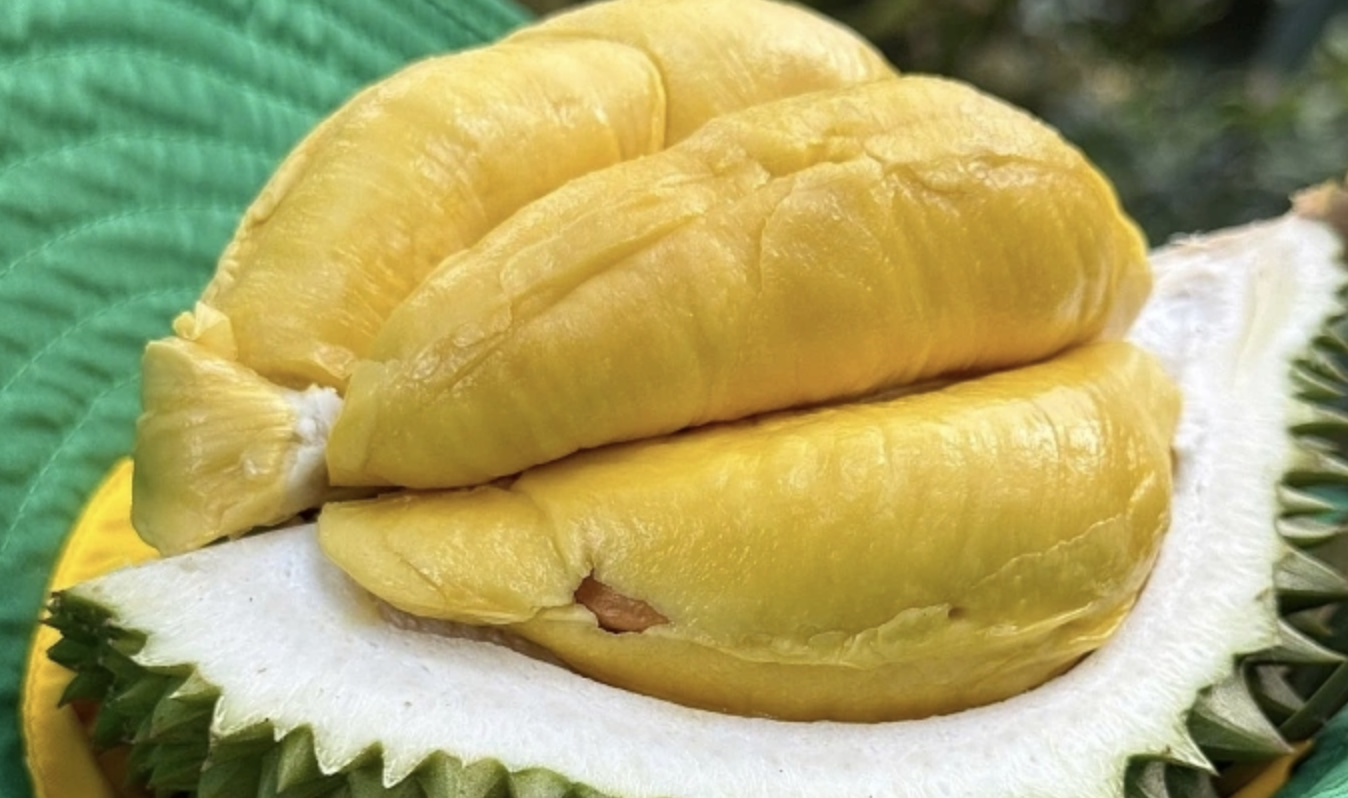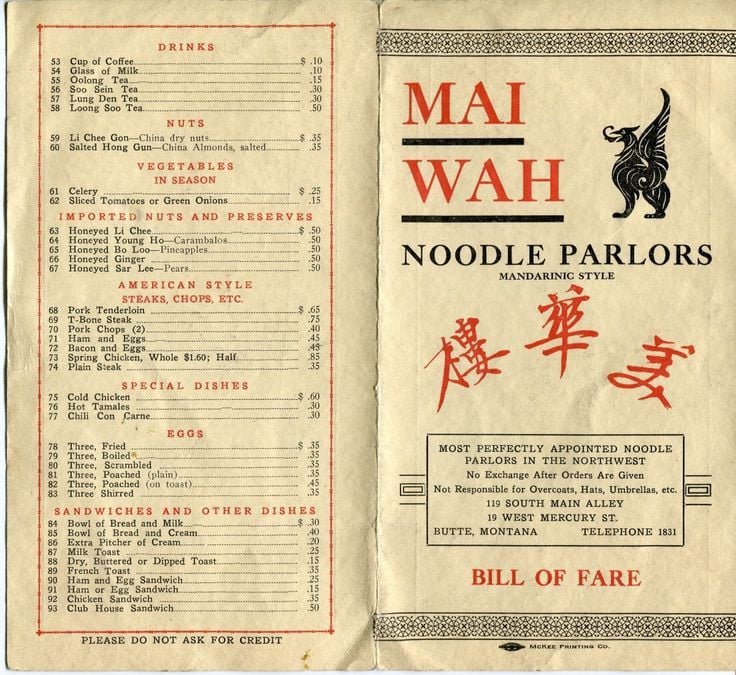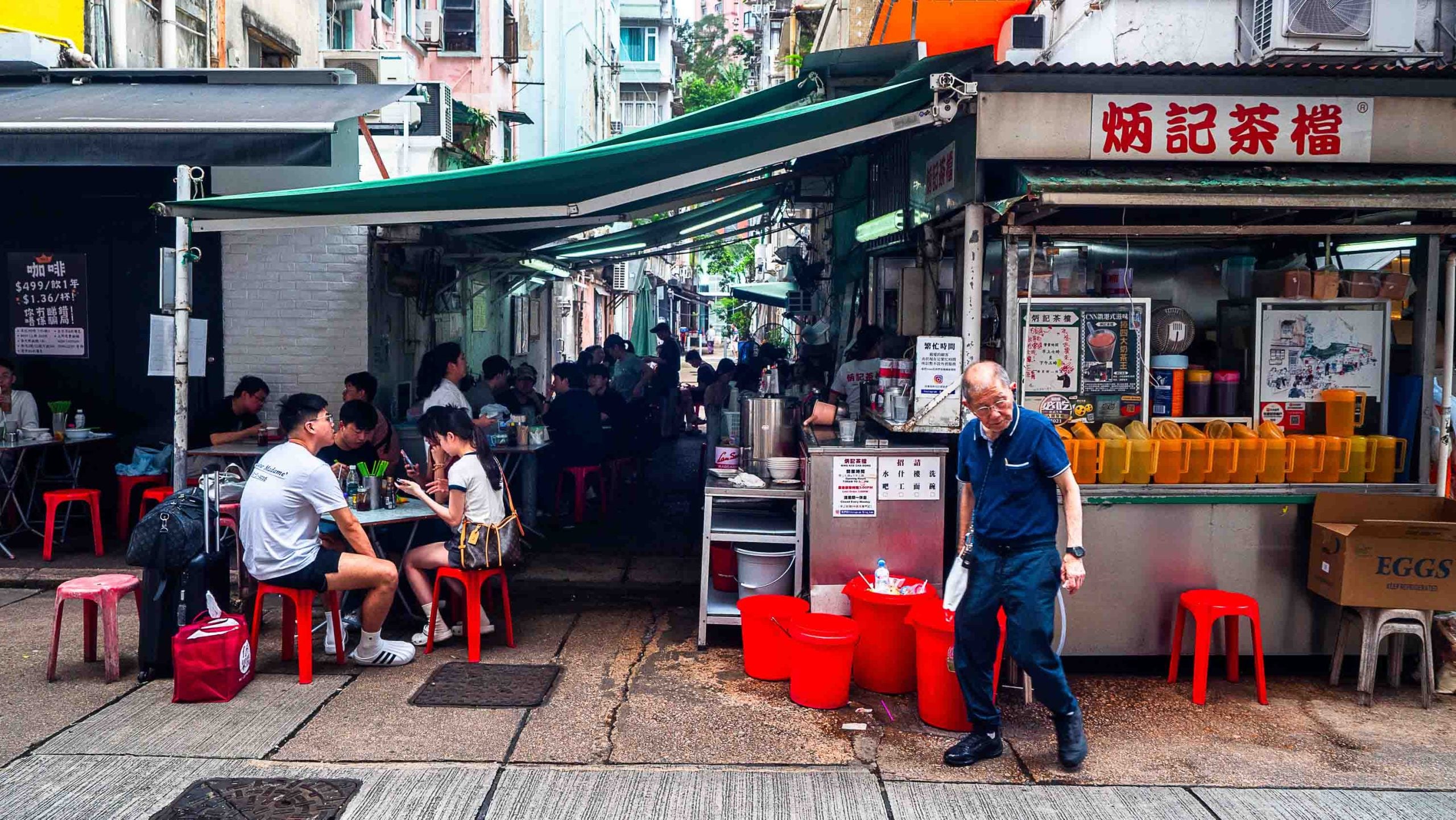After reposting a video of herself making kimchi, star vlogger Li Ziqi is now caught in a social media war between Korean and Chinese netizens over who really owns the fermented food.
The Chinese vlogger, who is famous for her soothing videos of rural life, shared the three-year-old video on her YouTube channel on January 9. The video was newly greeted with a barrage of comments saying that kimchi was “traditional Korean food” and not hers to touch.
“She should never have touched [kimchi],” reads one YouTube comment with over 3,700 upvotes. “Kimchi is not a traditional food from ‘Yanbian Korea,’” reads another, referring to the autonomous region in northeastern China. “It’s from Korea. She should delete this video.”
Other commenters pointed to the fact that the YouTube video was tagged as “Chinese food,” despite kimchi being a central part of Korean cuisine.
It’s worth noting that kimchi has been at the heart of an ownership debate between North and South Korea and neighboring countries for decades. In 1996, Korea pushed for the fermented dish’s inclusion in the Codex Alimentarius — an international food standardization guide — after Japanese manufacturers were marketing their unfermented version, kimuchi, as “kimchi.”
Only last November, China and Korea feuded after Chinese state media celebrated the standardization of Sichuanese paocai (泡菜, Chinese for “pickled vegetables,” a term which includes, but doesn’t exclusively refer to “kimchi”) as a win for the worldwide kimchi industry.
The Li Ziqi debate has since crossed over to Chinese microblogging platform Weibo, where the hashtag #Li Ziqi making kimchi besieged by Korean netizens# (#李子柒做泡菜遭韩国网友围攻# ) has climbed to over 69 million views. Most comments defend Li, claiming that much of traditional Korean culture owes itself to Chinese culture to some extent.
Related:
 Frontier Foods: Cold Noodles and Cabbage Along China’s Border with North KoreaHow Korean cuisine has shaped local Chinese eatsArticle Jul 02, 2020
Frontier Foods: Cold Noodles and Cabbage Along China’s Border with North KoreaHow Korean cuisine has shaped local Chinese eatsArticle Jul 02, 2020
“Does Sichuan paocai not count as ‘real’ kimchi?” reads a netizen’s comment on a related post. “There isn’t just one kind of paocai in China.” “Yes, you created kimchi,” reads another more inflammatory remark, “but we created you.”
Notoriously private yet beloved by millions of netizens, the usually controversy-free Li Ziqi became China’s most famous vlogger for her calming, bucolic videos set in rural Sichuan province. Her videos, in which she rarely speaks and usually prepares traditional foods, have amassed her over 10 million followers on YouTube — the first-ever Chinese language account to hit that milestone.
In the process, she has become so good at spreading traditional culture that even the Chinese government has begun to take note. In 2019, state-owned publication People’s Daily gave her its People’s Choice Award, and the Communist Party Youth League named her an ambassador.
Related:
 Is China’s New Generation of Vloggers Changing Perceptions Overseas?Netizens debate whether vloggers like Li Ziqi are spreading “authentic” Chinese culture, or merely presenting a vision of China that the world wants to seeArticle Feb 27, 2020
Is China’s New Generation of Vloggers Changing Perceptions Overseas?Netizens debate whether vloggers like Li Ziqi are spreading “authentic” Chinese culture, or merely presenting a vision of China that the world wants to seeArticle Feb 27, 2020
Header image: Li Ziqi making kimchi (image: YouTube)


















